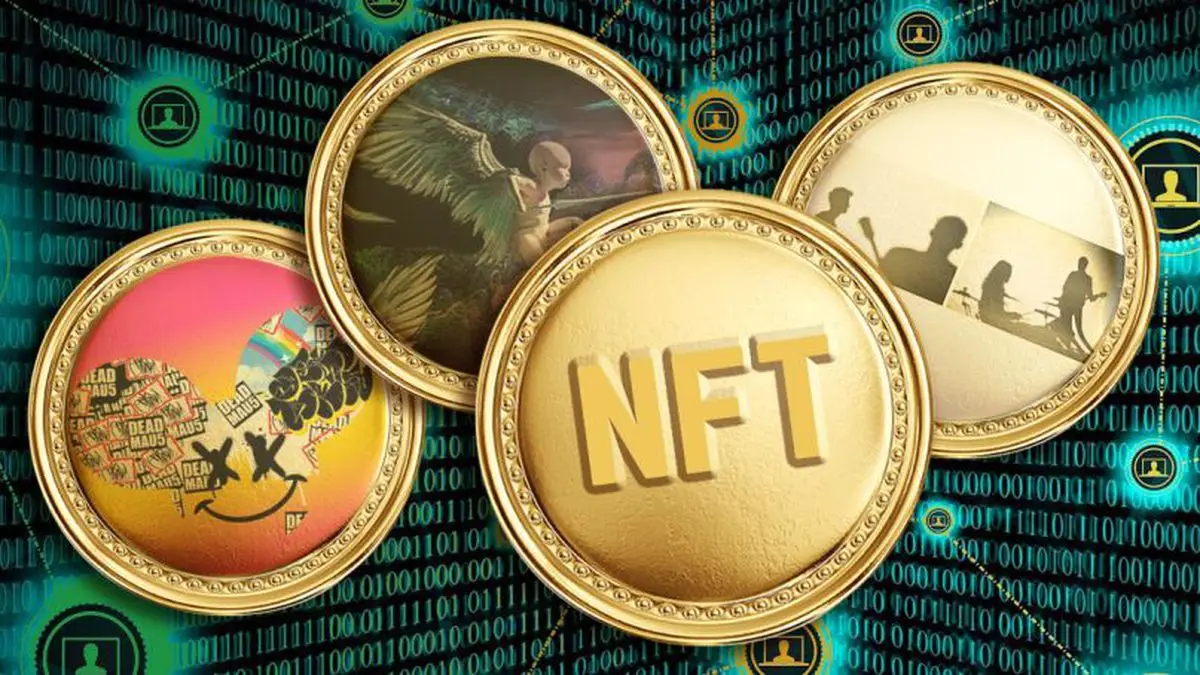Just a few years ago, a decentralized network was perceived solely as the foundation for digital assets. Today, it is being applied in the most unexpected areas — from logistics to environmental protection. Decentralization, transparency, and security make it valuable for businesses, government structures, and individual users.
Let’s explore the application of blockchain technologies, examples of implementation in key industries, advantages and disadvantages, as well as prospects for further development.
How does the platform work and why is it important?
The main idea is based on a distributed ledger where each record is protected from changes and tampering. Information is not stored in a single center but distributed across the network, making it resistant to hacking and fraud.
Blockchain allows:
- record any transactions, eliminating the possibility of falsification;
- automate processes using smart contracts, eliminating intermediaries;
- provide transparency since data is open to all participants.
These properties make the technology versatile for many industries.
Financial sector: how a decentralized platform changes payments and accounting
Finance is an area where distributed ledgers have gained traction the fastest. Systems allow for instant transfers, reduced fees, and automated settlement processes.
Banks use smart contracts to execute payments without intermediaries, reducing costs and eliminating errors. International transfers have become cheaper and faster as they no longer require complex verification chains. Companies develop digital assets backed by goods or resources, simplifying their accounting and control.
Furthermore, decentralization enhances the security of financial operations, protecting clients from fraud and information leaks.
Logistics: applying blockchain technologies for supply chain transparency
Goods transportation has always faced issues of control and document forgery. A distributed ledger allows tracking each stage of delivery, mitigating risks.
The application of blockchain technology enables companies to track the movement of goods in real-time. Suppliers record information about the cargo, while recipients can verify its authenticity and condition. The network is particularly crucial for supply chains in pharmaceuticals and food, where product authenticity is critical.
Using decentralized ledgers reduces losses, increases customer trust, and eliminates bureaucratic hurdles.
Healthcare: patient protection and drug quality control
Medicine requires strict control over patient data and drug safety. Distributed ledgers help protect medical records, preventing forgery or leaks.
Electronic medical records are stored in the blockchain, making them accessible to doctors while safeguarding against unauthorized interference. The system is also used to monitor drug supplies, preventing counterfeit products from entering the market.
Additionally, smart contracts help automate health insurance, reducing delays in payments and fraud by insurance companies.
Insurance: fast payouts and protection against schemes
Transparency and promptness are crucial in the insurance industry. Distributed databases allow for managing policies and insurance claims without the possibility of retroactive changes.
The application of blockchain technologies enables insured clients to receive payouts faster. The system records the occurrence of an insurance event and automatically initiates the compensation process, eliminating delays. Smart contracts also help reduce the number of fraudulent schemes where fake documents are used to claim payouts.
Government sector: fair elections and protection
Government agencies often face data security, bureaucracy, and corruption issues. Using a decentralized network helps make the system more transparent and secure.
Real estate registration becomes easier as all transactions are recorded in a secure network, eliminating the possibility of document forgery or illegal property appropriation. Electronic voting based on distributed ledgers allows for fair elections without the risk of falsification.
Government databases become secure, and the document workflow process becomes faster and more convenient.
Environmental protection: how platforms contribute to ecology
The modern world is increasingly concerned about ecology, and decentralized platforms have already found their application in it.
The use of distributed ledgers allows for tracking CO₂ emissions, monitoring companies’ environmental programs. Companies record data on waste recycling, and consumers can trace the origin of environmentally friendly products.
Moreover, decentralized systems help manage alternative energy sources, increasing their efficiency and accessibility.
The future of blockchain: what to expect in the coming years?
Although the technology is already actively used, it continues to evolve. Promising implementation directions include:
- increasing scalability to reduce transaction processing time;
- integration with artificial intelligence to automate many processes;
- expansion in education, digital identities, and law.
Each year, the scope of blockchain usage expands, making it an integral part of the digital world.
Application of blockchain technologies: key points to remember
Today, the application of blockchain technologies already covers logistics, insurance, healthcare, the government sector, and even environmental protection. Transparency, security, and decentralization make the tool valuable for businesses and government structures.
Although implementing a cryptographic database requires significant costs and is not without drawbacks, its potential is evident. Over time, the decentralized network will become a standard for many industries, ensuring data reliability and process automation.
 en
en  ru
ru  de
de  ar
ar  es
es  nl
nl  hi
hi  fr
fr  it
it  pt
pt  el
el 



